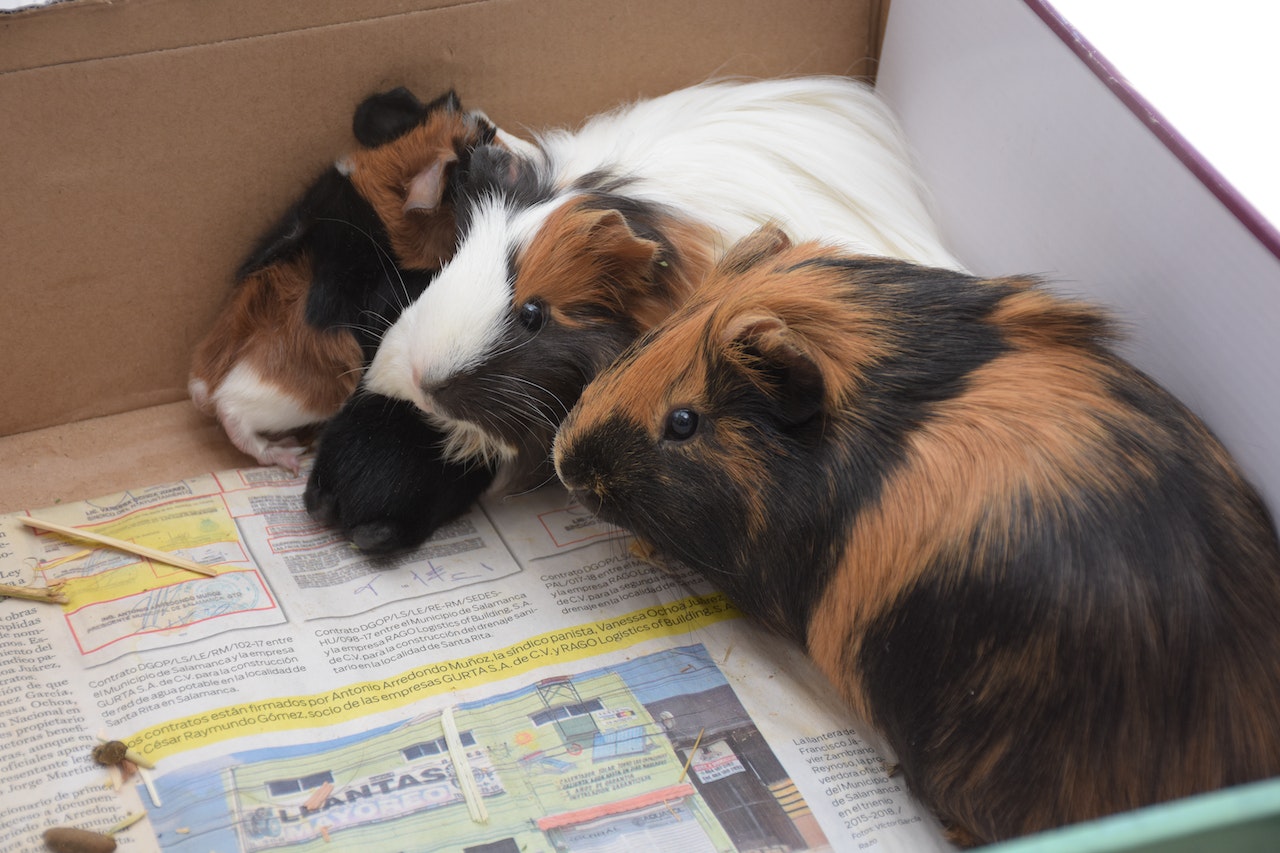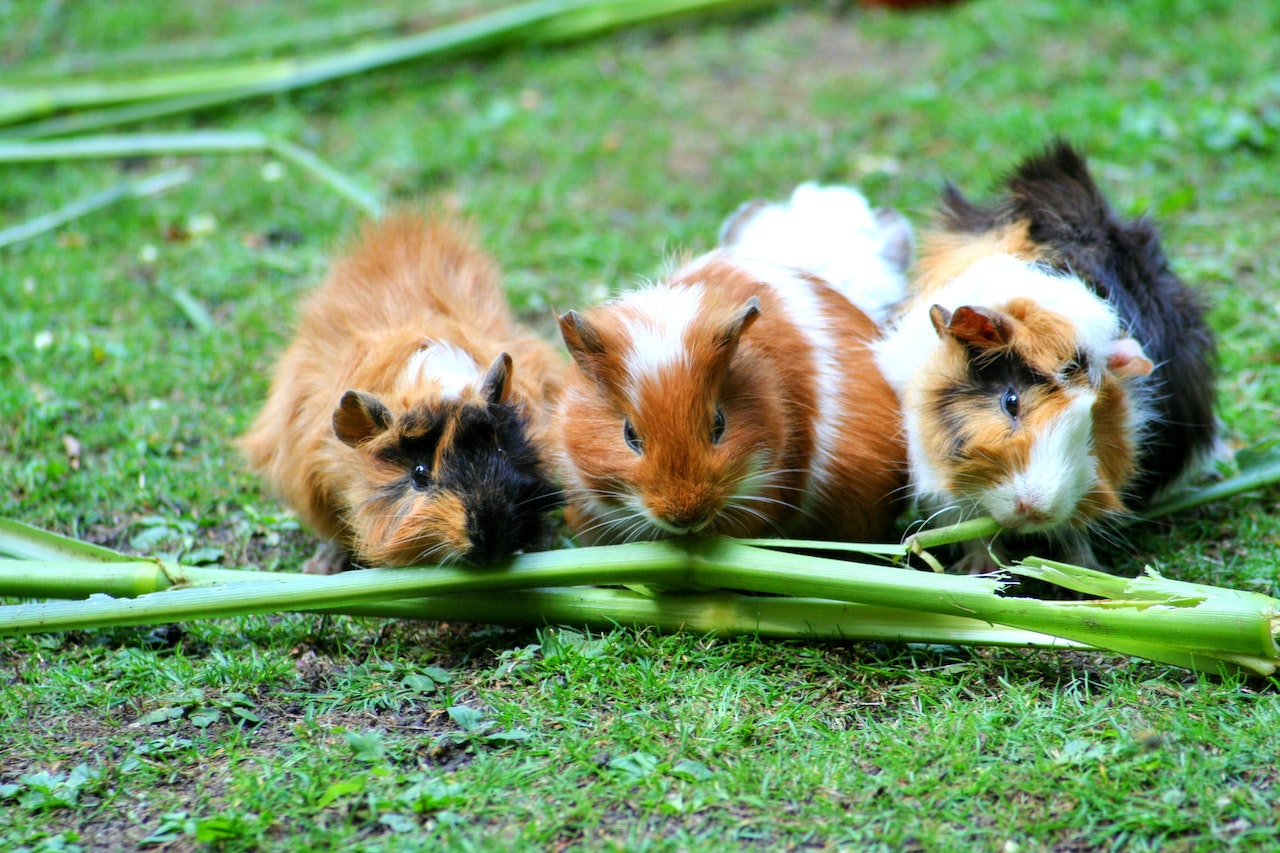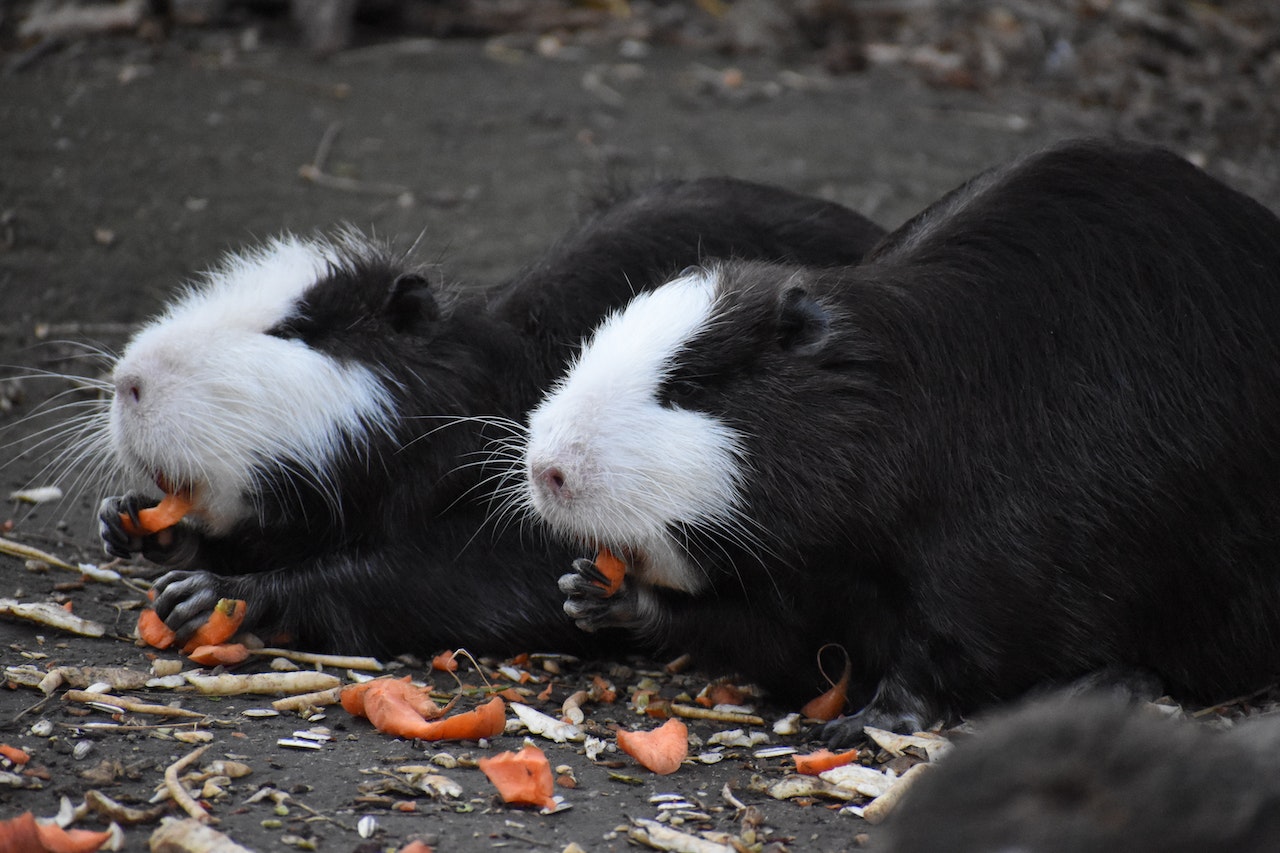
Watermelon is a large, juicy fruit that is typically eaten for its refreshing taste and high water content. It is a member of the Cucurbitaceae family, which include other fruits like cucumbers, pumpkins, and squash. Watermelon comes in many different varieties, ranging in size from small personalized melons to large, oval-shaped ones that can weigh over 50 pounds. The flesh can be red, pink, or yellow, and some varieties even have seeds that are white or black.
The fruits are typically eaten fresh, either sliced or diced, and are also used in a variety of culinary applications. That is, it can be added to salads, blended into smoothies or juices, and even grilled or roasted for a unique flavor profile. Watermelon is high in vitamins A and C, as well as potassium and other nutrients. It is also low in calories and fats, making it a popular choice for those looking to maintain a healthy diet. However, does this feature also relate to guinea pigs? Can guinea pigs even eat watermelon?
Can guinea pigs eat watermelon?
Yes, guinea pigs can eat watermelon, but it should only be in moderation. Watermelon is regarded as a safe and nutritious fruit for your herbivore's pets. This is because they are a good source of vitamin C and hydration for guinea pigs. However, it is also high in sugar, hence it should not be a regular part of their diets. When feeding watermelon to your guinea pigs, make sure the seeds and the rinds are perfectly removed to avoid health problems such as choking hazards or digestive issues. Also, it is important to introduce watermelon gradually to avoid upsetting your guinea pigs' digestive system, and to always provide fresh and clean water for your pets to drink

What is the correct serving size for feeding watermelon to guinea pigs?
When feeding watermelon to guinea pigs, it is important to keep the serving size small and feed it in moderation to prevent digestive issues. A good rule of thumb is to offer a small piece, about a size of a thumbnail or 1-2 slices of watermelon, once or twice a week as a treat. While watermelon is a good source of vitamin C and hydration, it is also high in sugar, which makes it dangerous for feeding on a regular diet to your little cavies. You should know that a diet that is too high in sugar can lead to obesity, dental problems, or other health issues.
Can guinea pigs eat watermelon seeds?
Guinea pigs can eat watermelon, but it is best to remove the seeds before feeding them to them. While watermelon seeds are not toxic to guinea pigs, they can cause a choking hazard or lead to digestive problems if they are not chewed properly. Additionally, watermelon seeds are high in fat, which can cause health problems for guinea pigs if they eat too many of them. So, to be on the safer side, it is best to remove the seeds before feeding watermelon to guinea pigs.
Can guinea pigs eat watermelon rinds?
Guinea pigs should not eat watermelon rind. While the rinds of watermelon are not toxic to guinea pigs, it is tough to digest and therefore causes digestive problems if consumed in large quantities. In addition, watermelon rind does not offer any nutritional benefits for guinea pigs, so it is best to avoid feeding it to them. If you want to give your guinea pig a treat that is similar to watermelon, you can try feeding them small pieces of cucumber or other types of melon, such as cantaloupe or honeydew.
Can guinea pigs eat watermelon leaves?
Guinea pigs can eat watermelon leaves, and they are a good source of vitamin C and other nutrients. However, it is important to make sure that the leaves are clean and free of pesticides or other chemicals before feeding them to your pet. Also, the leaves should be fed in moderation, along with a variety of other fresh vegetables and hay to provide a balanced diet for your guinea pigs
What are the health benefits of feeding watermelon to guinea pigs
Feeding watermelon to guinea pigs can provide several health benefits, as it is a good source of nutrients that are important for their overall well-being. Here are some of the health benefits of feeding watermelon to guinea pigs.
Rich in vitamin C
Watermelon is a good source of vitamin C, an essential nutrient that guinea pigs require in their diet. This is because vitamin C help to support their immune system, prevent scurvy and promote healthy skin and coat for them.
High in fiber
Watermelon contains a high amount of fiber, which is important for maintaining healthy digestion in guinea pigs. Fibre also helps to prevent gastrointestinal issues such as constipation and diarrhea.
Low in fat
Watermelon is a low-fat food, which makes it a good option for your little cavies, as they are prone to obesity and health issues related to a high-fat diet.
Source of antioxidants
Watermelon contains antioxidants, which can help to protect guinea pigs from damage caused by free radicals and promote overall health.
Contains low sugar content
The low glycemic index of watermelon makes them a great food for guinea pigs with diabetes. They help to regulate blood sugar levels and prevent blood sugar spikes in them.
Possible health risks of feeding watermelon to guinea pigs
While watermelon can be a healthy and tasty treat for guinea pigs when fed in moderation, there are some potential health risks associated with them. The main risk watermelon possess is that it is high in sugar. A diet that is too high in sugar can lead to obesity, dental problems, and other health issues. Also, watermelon contains a lot of water which can cause diarrhea or other digestive issues if fed in large quantities.
Lastly, watermelon can contain pesticides and is free of chemicals. This is why it is important to make sure that any watermelon you feed your guinea pig is fresh and free of harmful chemicals. This is possible by thoroughly washing the fruits before feeding them to your pets, and also removing any parts that appear to be spoiled or mouldy.
Conclusion
In summary, while watermelon can be a healthy and tasty treat for your guinea pigs, it is important to feed it in moderation and to be aware of its potential health risks. To keep your pets healthy and happy, make sure to provide a balanced diet of fresh vegetables, hay, and a small amount of fresh fruits as treats.



